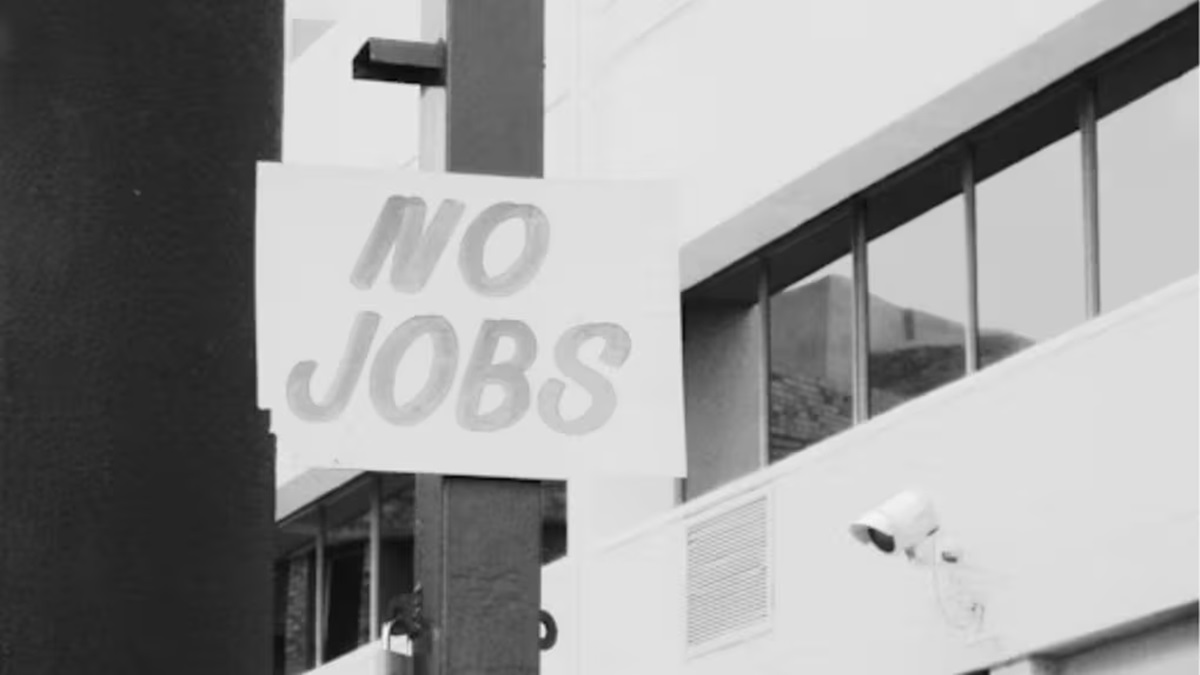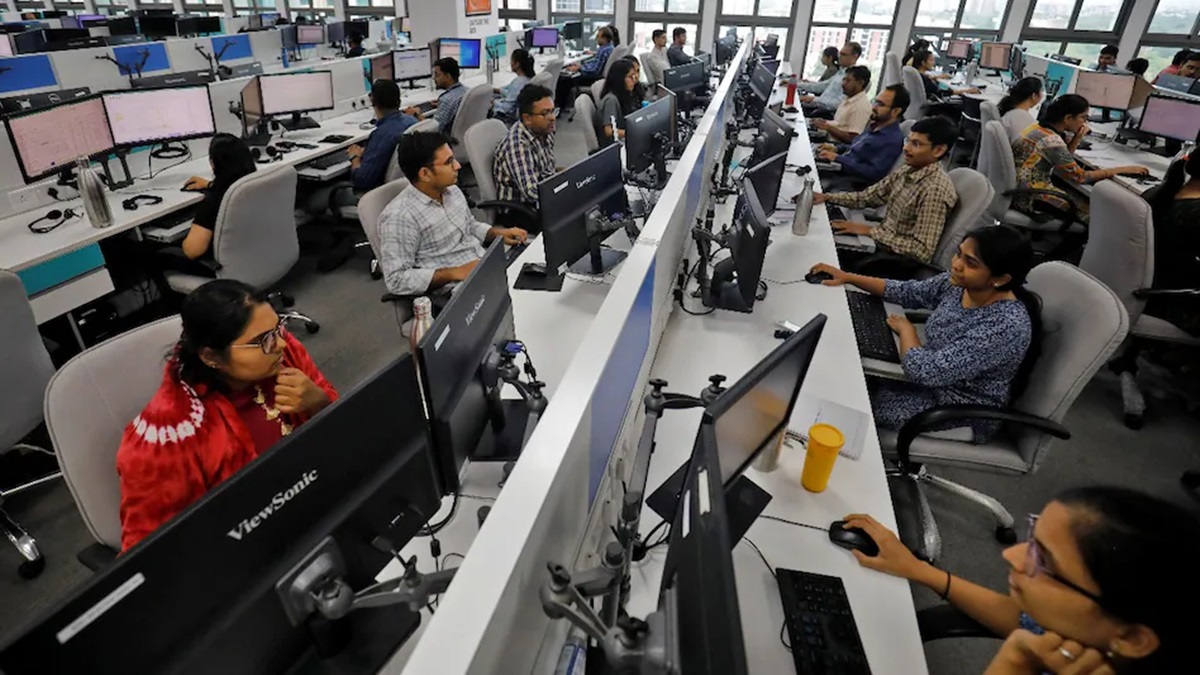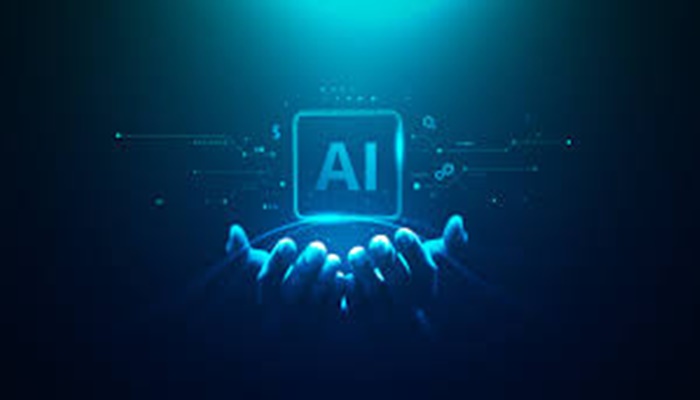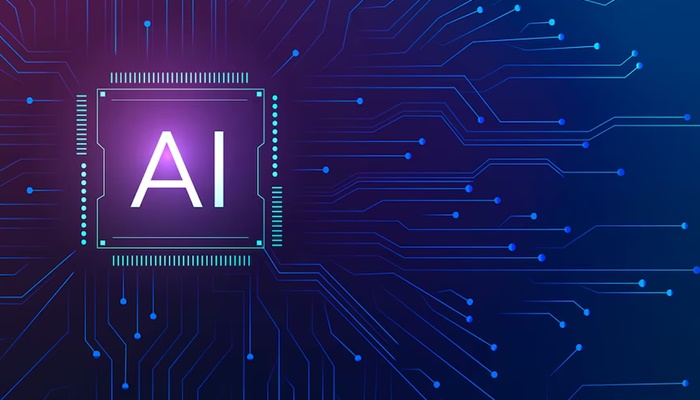Tata Consultancy Services’ (TCS) decision to lay off over 12,000 employees has sent a ripple of unease across the Indian IT ecosystem. But beyond the headlines and panic, industry experts see this as a long-overdue shift in how talent is valued in the age of automation and agility.
AI strategist and educator Nikeelu Gunda, who has trained over 50,000 professionals and leads an initiative Digipreneur AI, believes the TCS layoffs are not caused by AI, but by stagnation. “AI didn’t take the jobs. Irrelevance did,” he states. According to him, this isn’t a tech apocalypse—it’s a skills revolution.
From Bench to Breakdown
For decades, the “bench culture” in IT firms offered a sense of comfort—a place where employees waited for deployment while still drawing a salary. But that model is no longer compatible with today’s business demands. Companies now require outcome-driven, deployment-ready professionals who can think beyond code.
“Being on the bench was once a buffer. Now, it’s a blind spot,” says Gunda. “In a world where AI delivers faster than humans can react, waiting is not a strategy—it’s a signal of redundancy.”
This breakdown of the traditional model highlights the growing gap between formal employment and actual utility. As organizations embrace agile methods and product-led delivery, the emphasis is no longer on how many people are hired—but how many people are useful, relevant, and forward-moving.
What Should Professionals Do?
Nikeelu Gunda believes this moment is a wake-up call for every IT and non-IT professional in the country. He shares a three-step mindset shift that can future-proof any career:
1. Build, Don’t Just Know
“Knowing ChatGPT exists won’t save your job. Knowing how to build with it might.”
Professionals must move from surface-level knowledge to deep, application-oriented understanding. Learn how to use AI to solve real problems in your industry, not just for curiosity.
2. Shift from Execution to Innovation
“The market doesn’t reward task-doers anymore. It rewards problem-solvers.”
Train yourself in critical thinking, design thinking, and decision-making. Learn to identify inefficiencies in your workflow and optimize them using tools like automation, no-code AI platforms, or data insights.
3. Communicate Value, Not Just Experience
“Years of experience mean little if you can’t explain your impact in a sentence.”
Whether you’re a developer, designer, or analyst—learn to present your skills in terms of business value. Build a personal brand. Share your learnings. Be discoverable and visible in a digital-first economy.
A National Reset Moment
I see this not as an isolated event at TCS, but as a preview of what’s coming across industries. “Healthcare, education, retail, media—AI is not knocking at the door. It’s already inside. The question is: are you evolving with it or ignoring it?”
His organization has already launched bootcamps and training in regional languages like Telugu to help bridge the AI awareness gap among students, entrepreneurs, and mid-career professionals.
“We are not in an era of job scarcity. We are in an era of skill scarcity. Those who learn fast, adapt smart, and build with AI are not just safe—they’re unstoppable.”
As layoffs shake the old system, voices like Nikeelu Gunda’s are setting the tone for what’s next—not fear, but future-readiness. Not job loss, but job transformation.
The message is loud and clear: “The bench is gone. It’s time to build.”




















